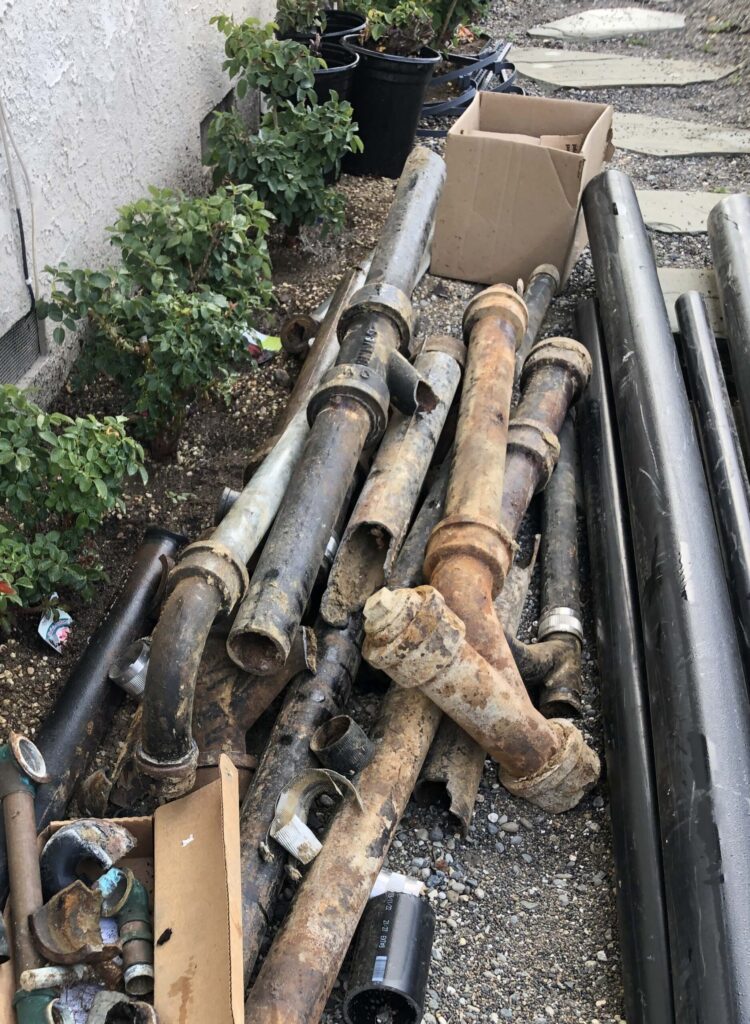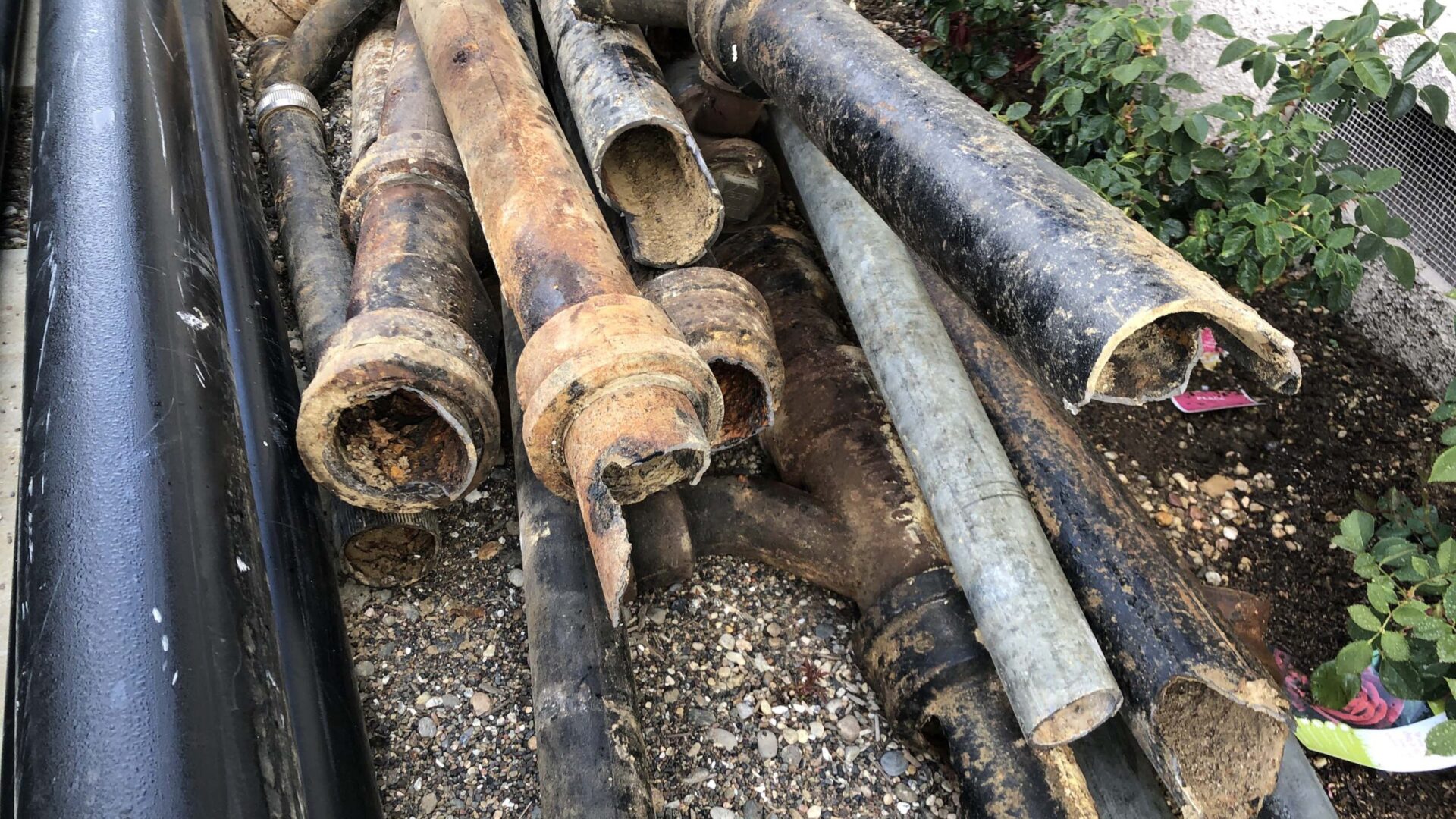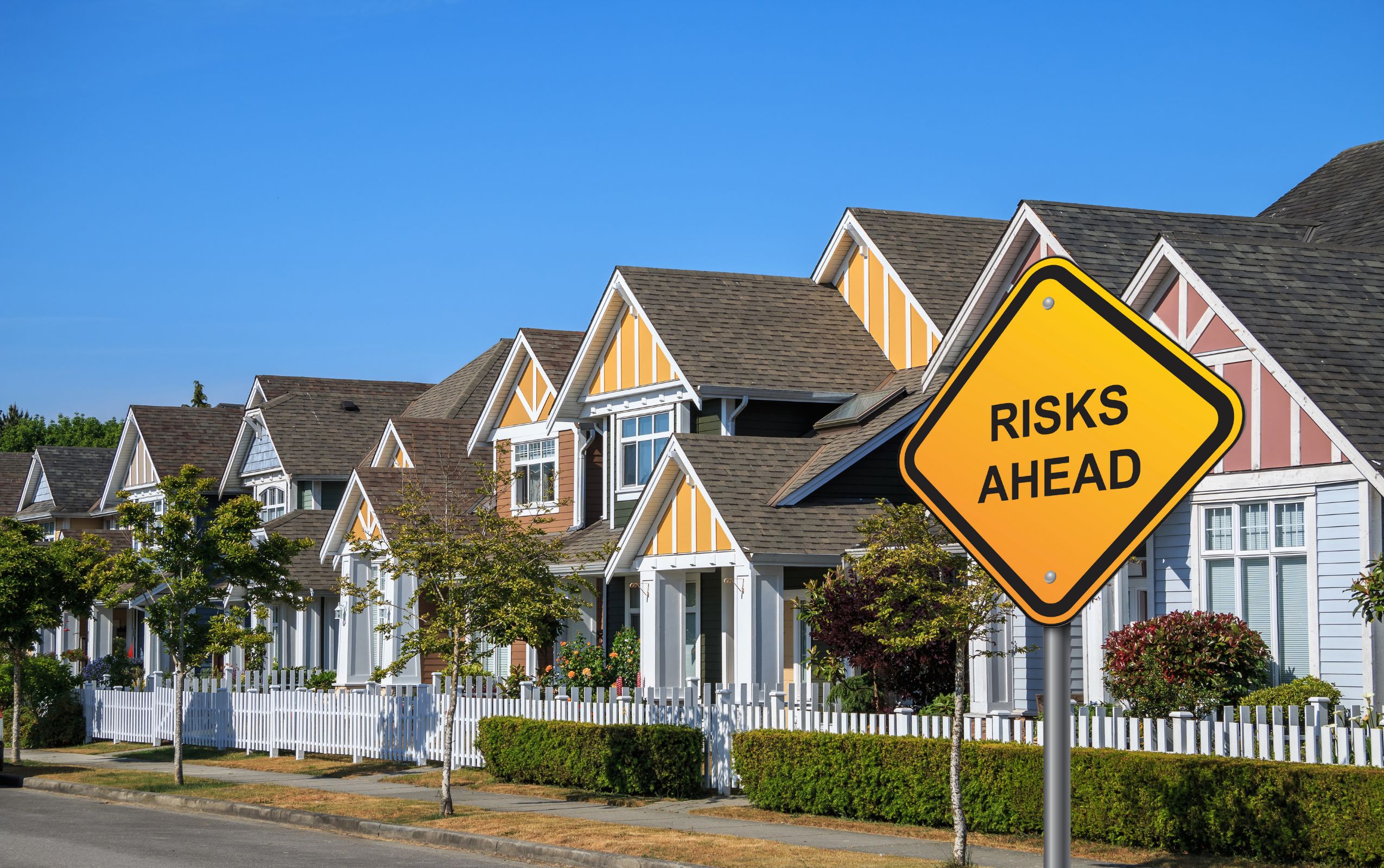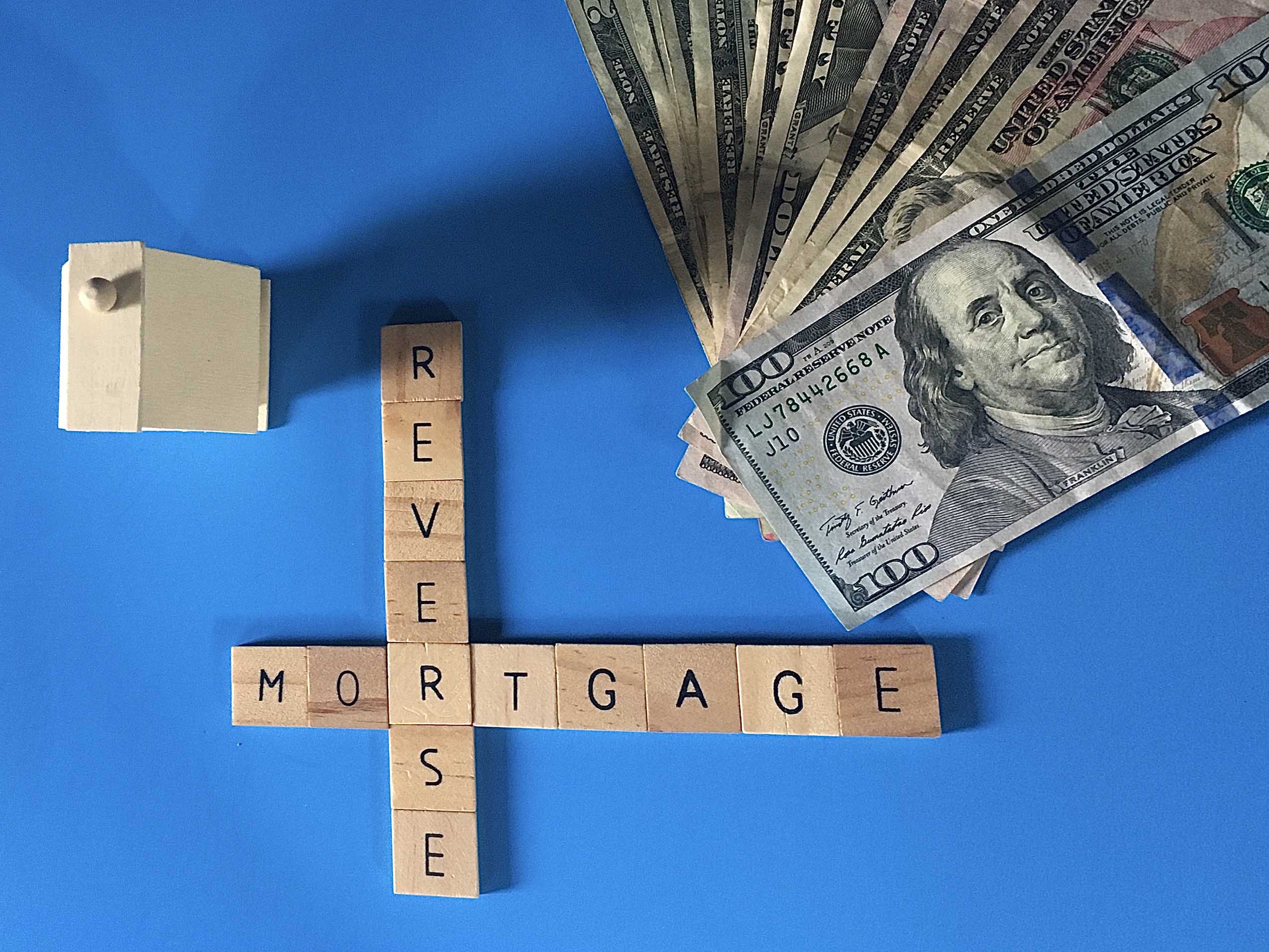Potential Plumbing Issues with Homes Built Before 1975
Do you live in a home built before 1975? If so, or if you are considering buying one that was constructed then, there are a couple of potential issues you need to be aware of. Most of us take for granted the basic house systems which are included in a home. Although we know that eventually, we will need to paint, repair roof leaks, and other general maintenance items, it is usually assumed that things like electrical wiring and plumbing pipes are good forever.
That is a false assumption regarding the pipes that bring water into the home and its fixtures, as well as those which channel all wastewater to the city main sewer line connection. The typical life of pipes used especially in the 1950-1970s is about 50 years. If not already replaced by this point, it is highly likely that they are rusting closed, blocked by roots, and/or cracking and leaking.
It is highly recommended that when considering a purchase of a mid-century home to have the sewer lines are scoped and inspected for defects that could affect the movement of sewage away from the property and to the city main line. Replacement of pipes and sewer lines can be far more expensive than most of us might guess. For example, replacing old water pipes and drains in a smaller home with two bathrooms could easily cost between $5,000 and $20,000, depending on how many pipes need replacing and how difficult it is to reach the old lines in walls and floors.

Plumbing and Sewer Line Problems Can Be Costly
If a home is built on a slab foundation, which has no crawl space access to reach pipes, we are informed that the cost could easily be $30,000-$40,000 for a complete replacement today. Moreover, it would also involve the replacement of flooring and possibly wall materials.
How might you know your pipes are already leaking, and sewer lines rusting out? One clue would be water seeping up from under a cement slab. Another would be an odor noticed coming from underneath the house.
If you are not planning to move in the near future, it may be worth investing in having an inspection done of your entire plumbing system so you are at least then aware of what the condition is now as well as the challenges that will soon need to be resolved. You can also take the time to have input from other experts and receive more than one bid for work you decide to have done before there is a total failure of some critical pipe that requires emergency work and no time for strategy or planning ahead.





